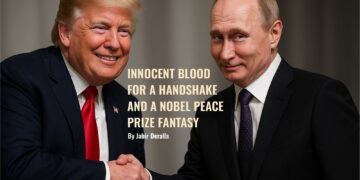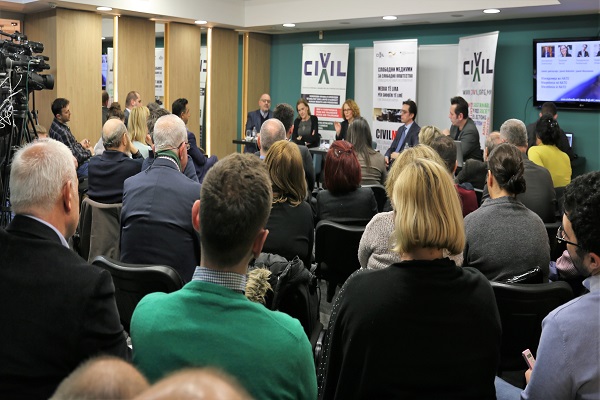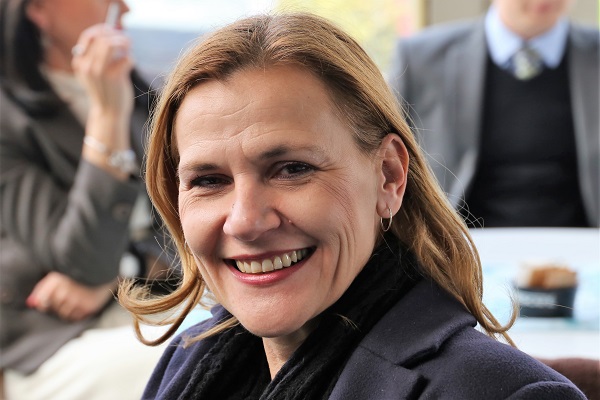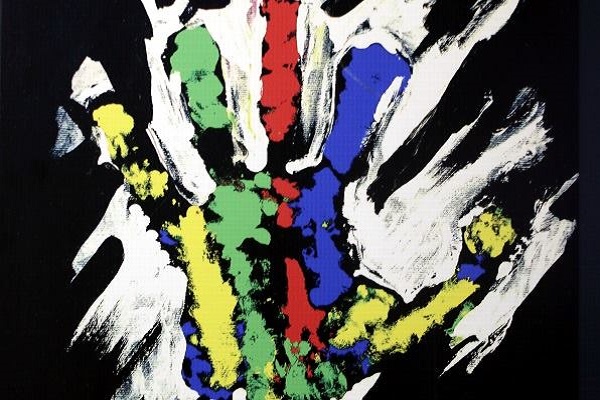The Minister of Defense, Ms. Radmila Shekerinska, the Ambassador of Republic of Croatia to the Republic of Macedonia, Ms. Danijela Barisic, the National Coordinator for NATO, Mr. Stevo Pendarovski and political analyst Dr. Sasho Ordanoski all spoke yesterday at the panel discussion “NATO Membership of Republic of Macedonia: Tasks, challenges and opportunities”.
“The analyses of the public opinion show that the citizens of Macedonia do not have much information on what exactly NATO means. Their opinion regarding Macedonia’s membership in NATO is intuitive. Part of the impressions are based on figures”, highlighted the Minister of Defense, Ms. Radmila Shekerinska in her reply to the questions regarding the tasks that need to be completed in the process of Macedonia’s accession to NATO, and whether the implementation of the activities within the process guarantee transparency of the institutions and respect for human rights and freedoms and what challenges and opportunities open up in this process.
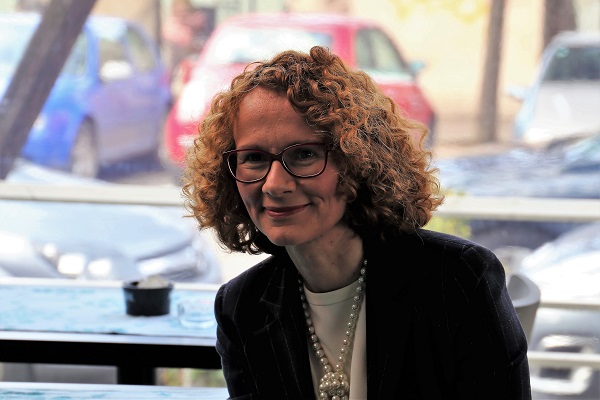
“I agree with the Minister of Defense, Ms. Radmila Shekerinska, when she speaks about the EU and NATO synergy. EU and NATO are two sides of the same coin. The process of our adjustment is equally important as is the membership itself. It is important for the law to apply to everyone”, said the Ambassador of Republic of Croatia, Danijela Barisic.
She shared Croatia’s experience of their accession and membership to NATO and said that the process could last longer than expected and pointed out examples of how to achieve greater support from the citizens for joining the alliance.
“In that process of adjusting to EU and NATO we were looking for a way to strengthen our state institutions, it was very important for the law to apply to everyone equally, and not to apply to some in a positive sense, while for the others not to be in such a good position. This is how we treated the EU and NATO membership”, says Barisic.
“If we take into consideration that the percentage of support was 92-98 percent until recently, that means that the citizens are not familiar. In these past years, the percentage has fallen drastically. There is no higher percentage of support in the world than in Macedonia, and that means that the
people are given bad and inaccurate information. The previous government was carrying out a hysterical campaign against the Alliance”, stressed Stevo Pendarovski.
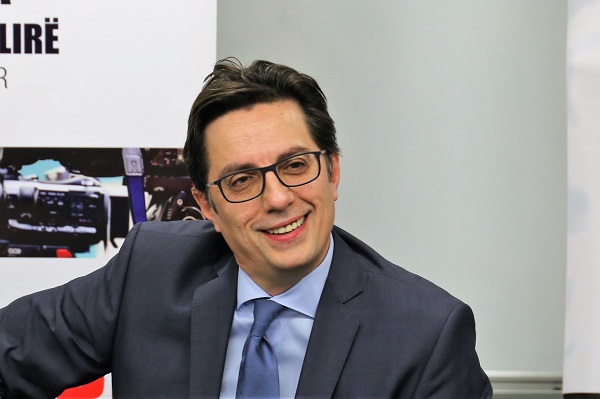
Through a parallel of the relations between Germany and France, Sasho Ordanoski, in fact, stressed the need for resolving the relations between Macedonia and Greece, as one of the conditions for membership in NATO and EU.
Ordanoski came out with a proposal for the Macedonian government to try with Greece to open an office in Thessaloniki for youth cooperation. “Such an office between France and Germany achieved fantastic results”, says Ordanoski.
“Hundreds of young people have gone through that office in order to overcome a much more difficult history than the one we have now with Greece”, he adds.
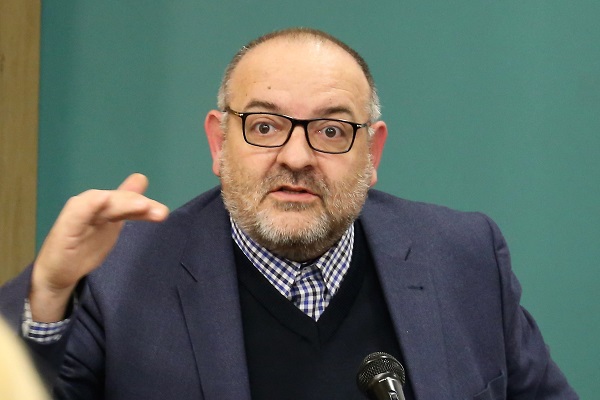
“Not a single major decision has been made based on surveys. Forget the surveys. Ultimately, the political class takes the risk, just as Adenauer and De Gaulle did, though it is undisputable that they have a visionary energy in themselves and a result that is seen in the medium and long-term”, concluded Ordanoski.
The panelists also replied the questions as to whether the risk of terrorism will increase or decrease, and how much the NATO membership would contribute towards the strengthening of the political stability and democracy. During the day, CIVIL Media will publish their views in regards to these questions, as well as the replies to the questions of those present and of the journalists.
The discussion was led by the President of CIVIL – Center for Freedom, Xhabir Deralla..
M.Ivanovska








